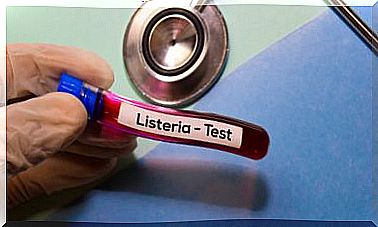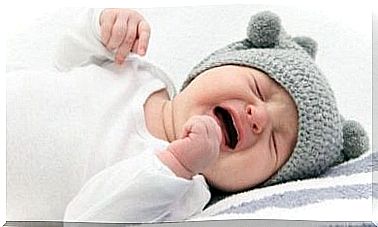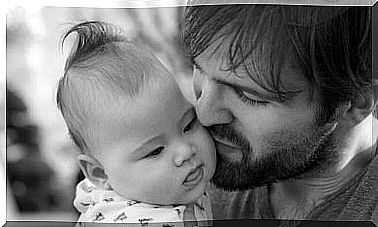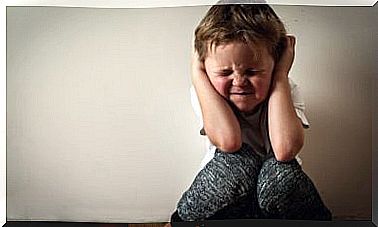Geographic Tongue In Children: Symptoms And Treatment
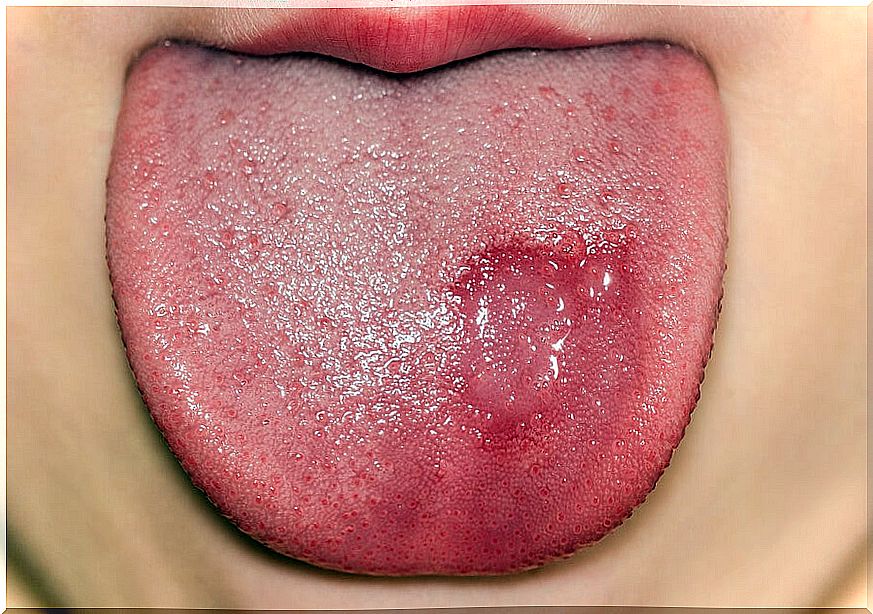
The geographic tongue in children is usually painless, in most cases, although some circumstances lead to discomfort and irritation. Therefore, it is important that you know how to help your child cope with this condition.
What is the geographic tongue?
It is an inflammatory condition of the tongue that produces the appearance of irregular spots in the form of a map. They are usually red and white around the edges.
Its official name is benign migratory glossitis. This name is due to the fact that the spots travel around the entire lingual member.
These spots generally appear on the tip, back, and parallel edges of the tongue. On some occasions, they even reach the ventral segment of said organ. Although it is a persistent condition, it is completely benign, so it does not pose any danger to the health of children.
What are the symptoms of geographic tongue in children?
It often manifests as a smooth, shiny plaque that grows rapidly. Although it is painless, on some occasions it causes discomfort, a burning or burning sensation in the affected part, especially when consuming spicy or acidic products.
The geographic tongue causes loss of taste buds in the superficial part, so it does not affect taste. In addition, the papillae are renewed quickly and constantly. The duration of geographic language in children is very varied, it can take from a week to a month or more.
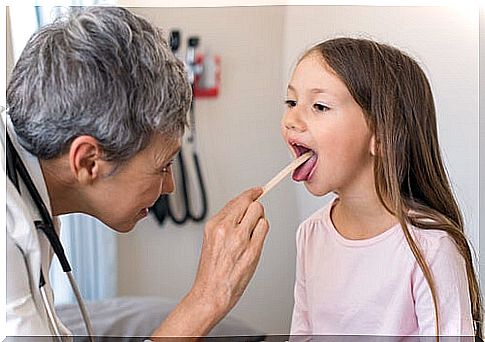
It is a temporary condition; that is, its appearance changes every day, and even does so in a matter of hours. In addition, it is persistent or chronic, which means that it occurs on several occasions during the life of the person suffering from it.
However, if you notice that the child’s tongue is swollen, has difficulty breathing, speaking, swallowing or chewing, it may be related to another more serious disease, so you should see your doctor immediately.
Causes of benign migratory glossitis
Although the reason for this condition is unknown, it is believed to be due to a lack of vitamin B. In addition, doctors have associated it with emotional factors such as stress and anxiety; also with irritating products such as acid, spicy, very hot food, alcohol and tobacco.
On the other hand, geographic tongue in children has been linked to diseases such as rhinitis and asthma.
Is there a treatment for geographic tongue?
As the causes are not known, there is no specific treatment. Basically, doctors recommend avoiding factors that can cause the most irritation and discomfort.
Also, they suggest having excellent oral hygiene by brushing your teeth and tongue with a soft bristle brush. Sterile gauze can also be used to clean food debris from the child’s mouth.
On the other hand, older children should use mouthwashes with oral antiseptics that contain chlorhexidine mouthwashes. If the discomfort persists, it is feasible to apply antihistamine gel in the area of desquamation; This helps to regenerate the papillae more quickly.
Another suggestion is to observe the foods that the little one eats. Some, such as kiwi, banana, melon, walnuts, vinegar and tomato, accelerate the appearance of the geographic tongue in children.
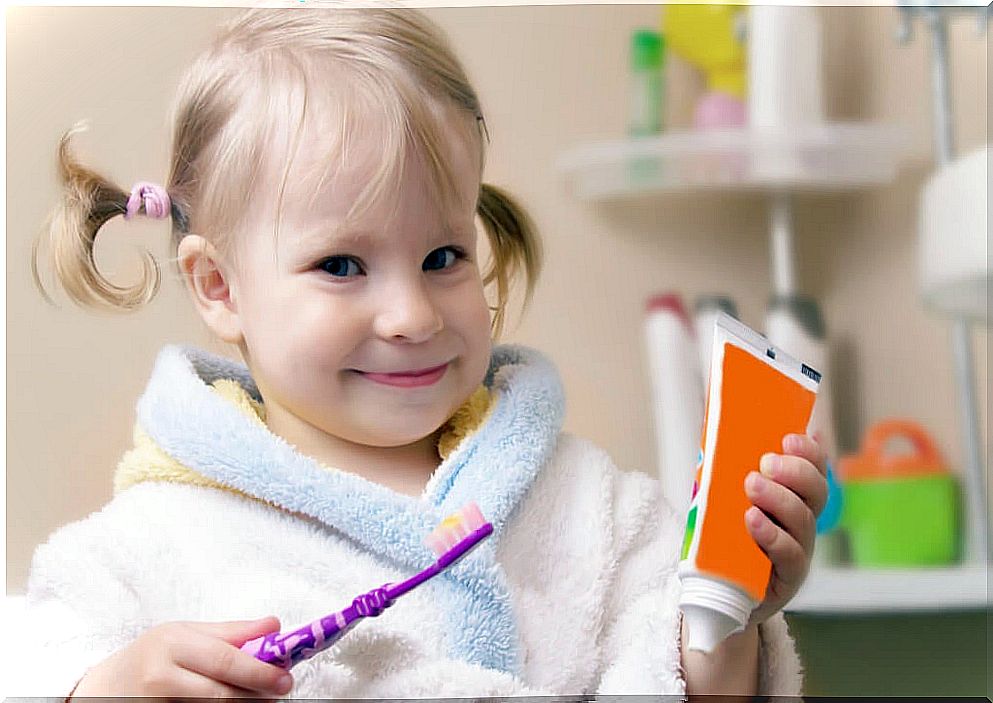
What you should know about the geographic language
It can be reassuring to know that this is not a disease, but a benign condition. Although it can last a long time in children, it usually does not present pain, only some discomfort generated by external factors that you can control. It does not require rigorous or expensive treatments, nor specific analyzes.
It should be noted that it is not common in babies, although there have been cases at six months of age. However, it is more common in children, leaving a smaller percentage margin in young and middle-aged adults. On the other hand, more cases are registered in females than males.
In conclusion, as parents interested in the well-being of our children, it is advisable to follow the suggestions and recommendations to avoid and cure geographic language in children. From now on, the medical consultation must be one of the first measures to take.

